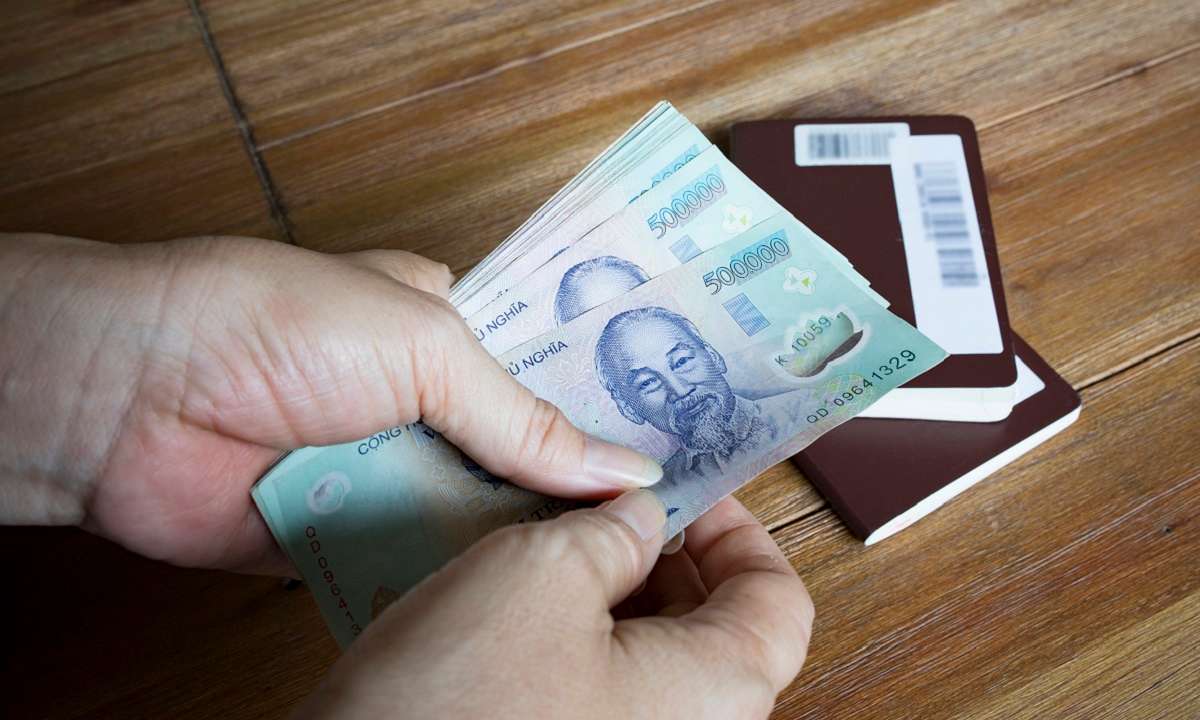How Non-voting Depositary Receipt Work?


Non-voting depository receipts have interest and obligations proportional to the underlying ordinary shares, excepting for voting rights.
Decree No. 60/2015/ND-CP (Decree 60) amending and supplementing a number of articles of Decree No. 58/2012/ND-CP issued by the Government on May 26th, 2015 has lifted foreign ownership limit of the public enterprises (with conditions) and permitted enterprises operating in all sectors and areas without restriction on foreign ownership to self-set out limits of foreign ownership.
Although the Government has been facilitating foreign investor investing in the Vietnam stock market as well as Vietnam enterprises whom raise capital, the foreign investors still faced a number of challenges. The Decree 60 has taken effect since September 1st, 2015, but most public companies did not lift their foreign ownership limit over 51%. One of the reasons is that, the enterprises with 51% foreign ownership shall meet the statutory conditions and therefore have to follow the investment procedures applicable to foreign investors in accordance with the Law on Investment, Law on Securities and other guiding legislations. Having said that, Vietnam enterprises with over 51% foreign ownership shall be treated as foreign investor. These requirements shall significantly impact on business plans and procedures that an enterprise must comply and restrict them from doing business in some sectors. Accordingly, the daily purchase and sale of shares by foreign investors around the threshold of 51% of the charter capital makes it difficult to determine the legal status of an enterprise.
In order to facilitate the attraction of foreign capital inflows, the Government has been reviewing acceptance of non-voting depositary receipt (NVDR). The promulgation of the Enterprise Law 2020 effective from January 1st, 2021, initially recognized NVDR. Ordinary shares used as underlying assets to issue NVDR are called as underlying ordinary shares. Non-voting depository receipts have interest and obligations proportional to the underlying ordinary shares, excepting for voting rights. NVDR is a negotiable financial instrument issued by a third party which is a subsidiary of the Stock Exchange (Issuing Organization). The Issuing Organization will then hand over to investors all financial benefits attached stocks such as dividends, rights offering. This is a solution from other country that helps foreign investors to invest in public enterprises, even they such enterprises reached limit boundary of foreign ownership. NVDR can be converted into ordinary shares in case the public company has not yet reached foreign ownership limit.
How ANT Lawyers Could Help Your Business?
The changes of laws will be monitored by ANT Lawyers. For advice or service request, please contact us via email ant@antlawyers.vn or call our office at (+84) 24 730 86 529
Recent Posts
5 Crucial Facts About ESG Laws in Vietnam That Could Save Your Business and Reputation
The Business World Is Changing Fast Rules are shifting. Expectations are rising. Eyes are watching. …
7 Powerful Reasons Why ESG Compliance in Vietnam Will Win You Trust, Growth, and Global Clients
Trust matters. Today, more than ever. Across industries, many companies are now being asked. directly…
7 Bold Reasons Why Tokenization in Vietnam Could Transform Your Future
Change is coming. Quietly. Digitally. Rapidly. Let’s imagine the situation, which assets are no longer…
Vietnam P2P Lending: 5 Bold Reasons Why Decree 94/2025 Could Empower Millions or Backfire?
A New Financial Chapter Begins in Vietnam One person lends. Another borrows. It’s that simple.…
5 Essential Lessons from Risk Management in Digital Assets in Vietnam: Protecting Trust in a Digital World
Trust Is the Real Currency Money can be lost. Tokens can vanish. Platforms can crash.…
5 Powerful Reasons Why Vietnam Digital Asset Sandbox Is a Bold and Hopeful Move for Innovation
Change is fast. Rules are slow. But innovation can’t wait. As digital assets grow, so…





